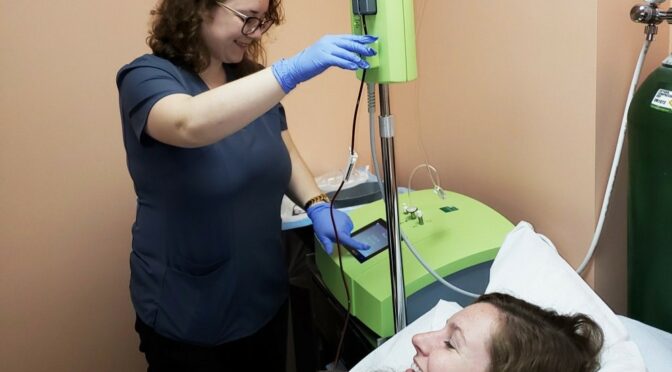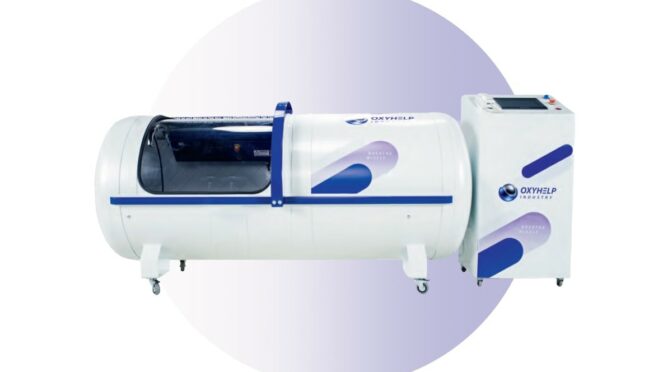Regenerative Medicine is a treatment that uses one’s own bodily resources to repair an injured area of their body. The cells or plasma pulled from one area, are relocated to repair the damaged tissues and organs in the injured area that may not have easily healed in other circumstances.
How Can Regenerative Medicine Benefit Me?
Regenerative Medicine is a non-invasive, self-healing technique that is an alternative to surgery; this type of treatment allows your body to heal itself without having to undergo surgery, receive organ donations, blood infusions, etc.
What Are Common Types of Regenerative Medicine?
There are various types of Regenerative Medicine treatments, some of which include Stem Cell Therapy and Platelet-Rich-Plasma. These treatments inject cells or blood plasma into the injured area to repair it. Stem Cells have the capability to grow into the type of cell your body needs in that area, while PRP, full of protein and growth factors, is injected to accelerate the healing process. These treatments can help repair muscles, tissues or organs.



